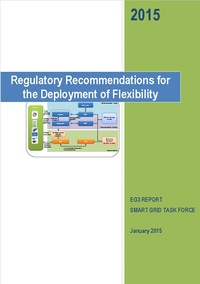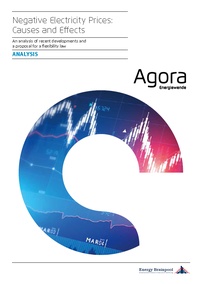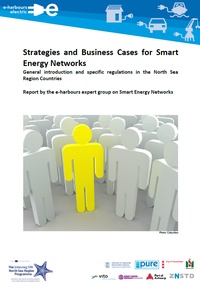Regulatory Recommendations for the Deployment of Flexibility
This report has been prepared by the Expert Group 3 (EG3, 'Regulatory Recommendations for Smart Grids Deployment') of the Smart Grids Task Force and it aims at providing concrete recommendations for removing regulatory barriers and incentivising the uptake of flexibility from distributed resources. The report seeks to identify flexibility services, relevant value chains, but also the necessary commercial and market arrangements, while it answers the question on how different actors can be incentivised to provide and use flexibility.
The IndustRE project is pursuing similar objectives for maximising the potential of demand flexibility from large industrial consumers.







